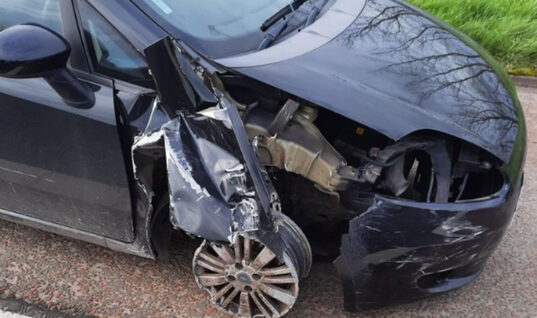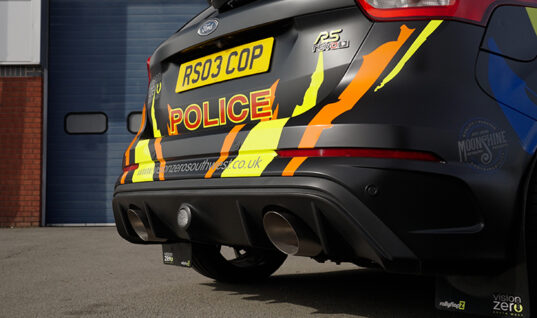Significant changes to the MOT are to come into force from 20 May, with hopes that to improve air quality and make our roads even safer.
The changes come nearly 60 years after the MOT test was introduced.
DVSA chief executive, Gareth Llewellyn said: “These changes to the MOT test will help make sure vehicles are safer and cleaner.
“I’d urge all motorists to familiarise themselves with the new items that will be included in the test so that they can avoid their vehicle failing its MOT.
“To be safe and responsible motorists should also carry out simple vehicle checks all year round.”
MOT changes coming in May:
- New, tougher, defect categories – defects will be classed as dangerous, major and minor to protect people from unsafe vehicles.
- Tighter limits for smoke on diesel vehicles to help improve air quality.
- New checks, including: o reversing lights on vehicles first used from September 2009.
- Daytime running lights on vehicles first used from March 2018o front fog lights on vehicles first used from March 2018.
- Emission control equipment to fluid leaks posing an environmental risk.
- The MOT failure documents and certificate will be clearer and show the new defect categories.
- Vehicles which are more than 40 years old and have not been substantially changed will be exempt from the MOT test.
If a vehicle defect is categorised as dangerous or major it will fail its MOT.
If a defect is identified as being dangerous, the vehicle should not be driven away from the MOT testing station.
If car has minor defects it will not fail the MOT but motorists should get them fixed to help keep their vehicle roadworthy.
Strict DPF rules
There will also be stricter rules on emissions from diesel vehicles fitted with a diesel particulate filter (DPF).
Diesel cars will automatically fail their MOT if there’s any smoke coming from the exhaust, if the DPF has been removed or there is evidence it has been tampered with.
If legitimate work has been carried out on the DPF, the tester will need to see proof of that, like a receipt from the garage that did the work.
Each year around 30 million MOTs are carried out in Great Britain.
With 28 per cent of cars turning up late for test, DVSA also provides a free service for drivers to receive MOT reminders by text message or email four weeks before their car’s MOT is due.
Over 600,000 drivers have signed up for the service since it launched in November 2017.
Share your comments about the forthcoming changes below.







